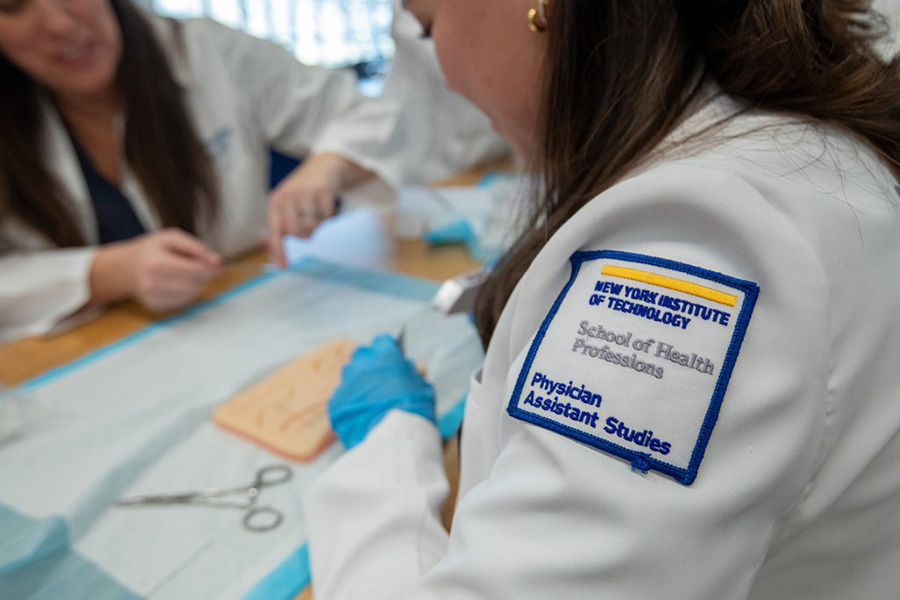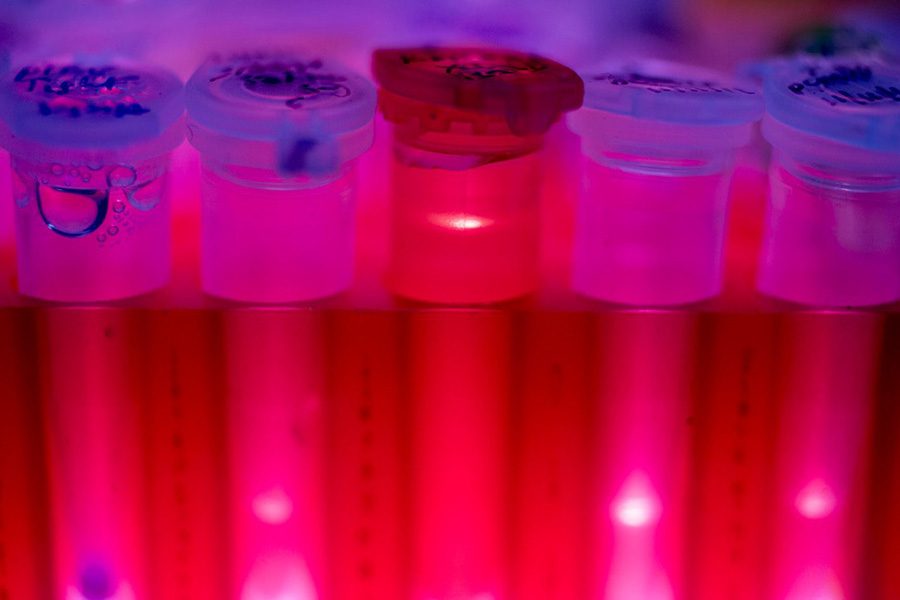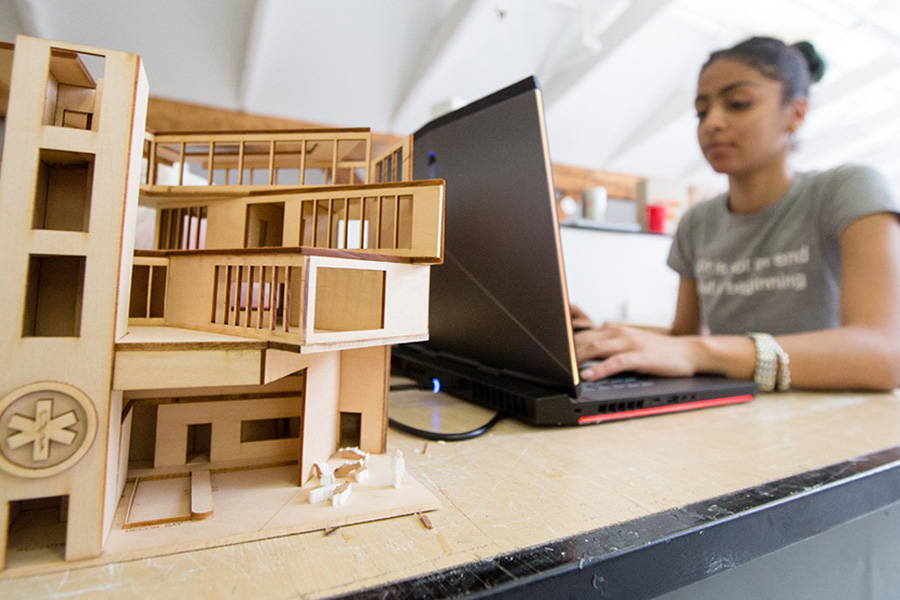NYITCOM Physician: Diabetes Patients Should Heed FDA Warning
In late February, the Food and Drug Administration (FDA) warned diabetes patients not to use smartwatches or smart rings to measure their blood glucose levels. Following the FDA’s alert, obesity medicine expert Eleanor Yusupov, D.O., assistant professor at the College of Osteopathic Medicine, shares valuable insight for these patients.
While many of these devices are marketed as noninvasive solutions, allowing users to measure their blood glucose levels without pricking the skin, Yusupov notes that the FDA has not authorized, cleared, or approved any noninvasive smartwatch or smart ring to measure glucose. What’s more, relying on these devices could have life-threatening consequences.
“It is very concerning that patients may be misled by the marketing claims and rely on smartwatches or smart rings that do not accurately measure blood glucose,” says Yusupov. “Using devices that are not approved by the FDA may lead to serious health consequences. If left untreated, very high or very low blood sugar can be extremely dangerous and cause severe complications, even coma and death.”
Instead, she advises patients with diabetes to use continuous glucose monitoring (CGM) devices approved by the FDA and provide accurate information about how a patient’s body reacts to diabetes medications and foods eaten. Depending on the specific CGM device used, physicians may program it to set off an alarm when blood sugar is dangerously high or low.
“Your doctor can recommend and prescribe a continuous glucose monitoring device that automatically checks your sugar and sends the result to your smartphone or a smartwatch. Most patients prefer this modern technology, which uses a tiny sensor placed in the arm, to traditional glucose meters that require pricking your finger,” she says.
Yusupov adds that, for some patients, monitoring blood glucose can be done at regularly scheduled doctor’s visits and does not need to be done daily. However, people using insulin or multiple diabetes medications are advised to monitor their blood sugar daily or several times a day to avoid dangerously high or low readings.
More than 38 million Americans are estimated to have diabetes, with 8.5 million believed to be living with the condition undiagnosed. In addition, 38 percent of the United States adult population is estimated to have prediabetes, a serious condition that increases the risk of developing type 2 diabetes, heart disease, and stroke.
Learn more about diabetes signs and symptoms.
More Features

Staying Healthy at 35,000 Feet
NYITCOM-Arkansas infectious disease physician Carl Abraham, M.D., arms airline passengers with information to avoid getting sick.

There’s a Simple Solution to the Doctor Shortage
A Salon op-ed by College of Osteopathic Medicine Dean Nicole Wadsworth, D.O., makes the case for expanding the scope of practice for physician assistants. As she writes, doing so could help address challenges caused by the nationwide physician shortage.

Bird Flu Explained
NYITCOM-Arkansas infectious disease physician Carl Abraham, M.D., explains how the virus is transmitted and whether Americans should be concerned about the dairy products in their homes.

Q&A: Parkinson’s Disease
Parkinson’s Center Director Adena Leder, D.O., a neurologist and movement disorders specialist, shares important information about this neurodegenerative condition.

AI Might Make Real Estate More Sustainable
A Reuters op-ed by Alessandro Melis, Ph.D., contends that in order to fight climate change, architects need to abandon their long-held obsession with individual authorship and celebrity and embrace artificial intelligence.

Ehlers-Danlos Syndrome Explained
Bernadette Riley, D.O., director of the Ehlers-Danlos Syndrome/Hypermobility Treatment Center, shares insight after the movie star reveals she lives with EDS.